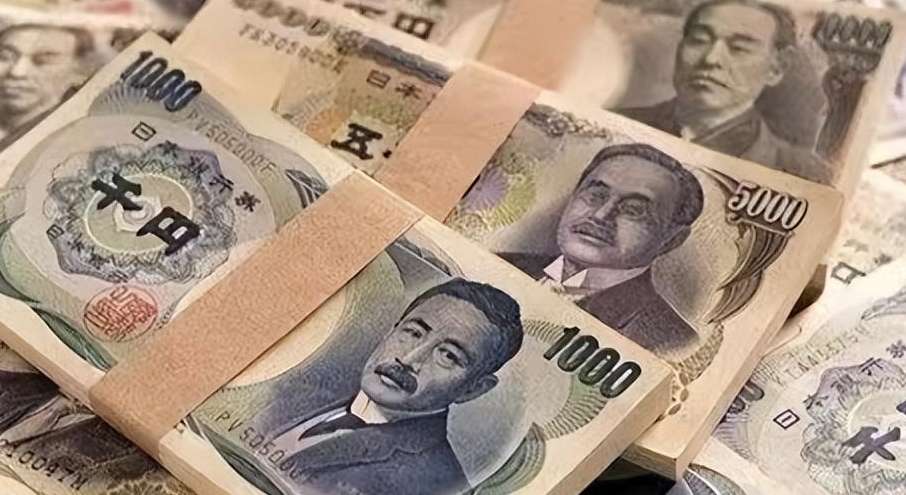Significant Signals from the Bank of Japan!
Advertisements
The Japanese Yen has recently made headlines with a notable spike in its value against the US dollar, which took place on January 15th. With a rapid appreciation exceeding 100 points at one point, the Yen showed a daily increase of up to 0.77%. This financial shift is being closely monitored, especially given the dramatic rise in the yields of Japanese government bonds. The two-year bond yield surged to 0.7%, marking the highest level since 2008, while the ten-year bond yield reached 1.255%, the highest since April 2011. Such fluctuations are not merely statistical occurrences but indicators of broader economic policies and market sentiments impacting Japan.
The response from Japan's central bank, the Bank of Japan (BoJ), has been a focal point for understanding these shifts. Recent statements from the head of the BoJ, Kazuo Ueda, have suggested that if the economy and consumer prices continue to improve, the central bank will consider raising interest rates. This announcement has generated considerable speculation and tension within global financial markets, with many analysts interpreting these hints as a strong signal of a potential rate increase in the near future. Ueda emphasized the importance of ongoing vigilance over economic data as the BoJ prepares for its upcoming policy meeting scheduled for January 23-24.

This anticipated adjustment in monetary policy comes amidst a backdrop of pressure on the Japanese stock market. On January 14th, the Nikkei 225 index experienced a notable decline, dropping over 700 points and falling below the 39,000 mark, with a drop rate of 1.83%. This downturn included significant drops in stocks of major semiconductor manufacturers such as Advantest and DISCO. Following this, the Japanese stock market opened high but failed to maintain momentum, ultimately closing down a small percentage the following day.
The factors influencing these financial trends can be attributed to a mixture of external and domestic elements. Analysts from Huaxi Securities indicated that the prevailing liquidity crunch in Japan paired with economic downturn pressures will likely lead to further declines in the stock market over the upcoming period. High valuations in certain sectors of Japanese growth and value stocks have yet to be adjusted adequately, hinting at the potential for substantial market corrections ahead.
Amidst these economic fluctuations, Ueda reiterated the central bank’s commitment to a thorough analysis of economic conditions and the labor market, considering that wage growth will significantly influence consumer spending and inflation. He noted that encouraging sentiments about wage increases have emerged from various sectors. The BoJ's stance on raising interest rates hinges upon continued positive movement in economic data and price stability, a complex balancing act that reflects Japan's unique economic context.
Ueda's recent statements, particularly regarding signs of wage growth potential, have received attention from economists and market observers alike. In light of Ueda's comments, many analysts perceive a renewed determination from the Bank of Japan to push for higher short-term interest rates this year. As the BoJ navigates this landscape, officials continue to broadcast messages revealing the central bank's readiness to adapt its policies in response to changing economic conditions.
Moreover, the upcoming monetary policy meeting will likely serve as a critical juncture for the central bank. Ueda has indicated the importance of evaluating both domestic and international economic conditions before committing to potential rate hikes. An essential aspect of this evaluation includes tracking the strong labor market signals and wage negotiations that have emerged in various industries.
Furthermore, the Bank of Japan's actions will also depend heavily on external economic influences, particularly the impacts of fiscal policies from the United States, where changes in tariffs and economic strategy may ripple through to Japanese markets. There is a palpable intent among BoJ leaders to maintain a proactive approach in assessing these risks as they contemplate their fiscal strategies moving forward.
Market analysts suggest that expectations for interest rate increases could materialize either later this month or in March, reflecting a collective anticipation of shifts in Japan's monetary policy. Such developments mark a significant departure from the long-standing period of ultra-low rates, bringing the Japanese financial landscape into an era characterized by more aggressive monetary adjustments.
As the narrative unfolds regarding interest rates and economic health in Japan, the overarching sentiment remains cautious yet optimistic among market watchers. The potential for wage increases to support consumer consumption is a primary theme as analysts observe developments closely. The labor market, with pressures from workforce shortages and rising minimum wages, indicates that conditions may indeed be maturing for a shift in economic policy.
The recent quarterly report from the Bank of Japan further explored these dynamics, revealing that wage increases are not limited to specific sectors but are increasingly widespread among various company sizes and industries. This broadening base of wage growth signals that conditions for potential rate hikes are solidifying.
In conclusion, as Japan stands at a crossroads of economic adjustment and potential monetary policy shifts, the confluence of rising currency strength, evolving wage dynamics, and anticipated rate hikes create a complex and potentially transformative landscape. Investors and economists alike will be watching closely as the Bank of Japan prepares for its next steps in steering the economy towards its inflation targets while ensuring a balanced approach that safeguards financial stability.